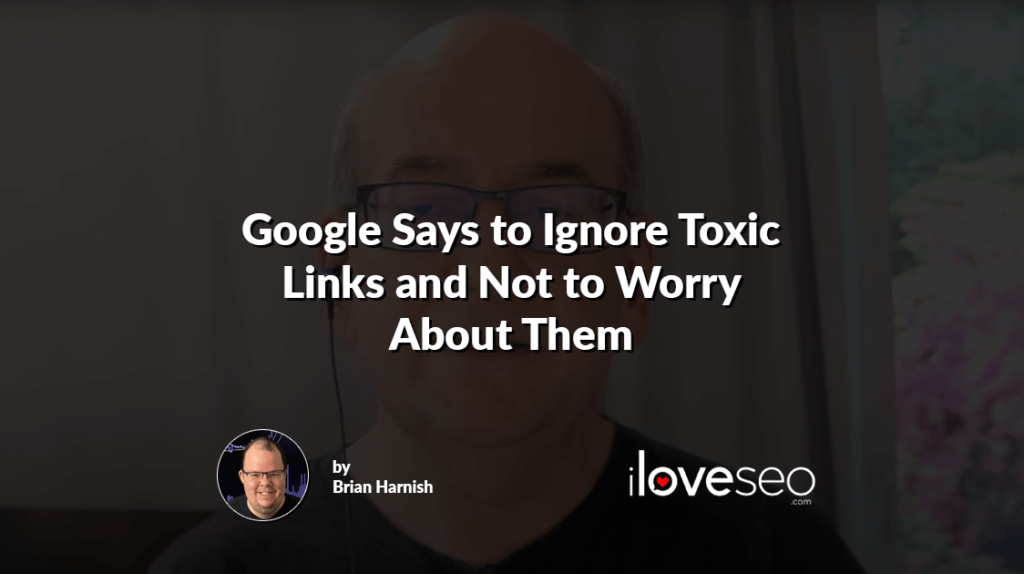🚨 Google Insider: John Mueller DESTROYS the Myth of Toxic Links! 🚨
John Mueller, Google’s Search Advocate, has once again shattered the SEO community’s misconceptions about “toxic links.” His recent statements emphasize that site owners should not lose sleep over these links, despite what many SEO tools suggest. Here’s what you need to know about Mueller’s stance on this hot topic and how it impacts your SEO strategy.
What Are Toxic Links?
Toxic links are backlinks from low-quality, spammy websites that many believe can harm a site’s ranking in search engine results. Various SEO tools flag these links, causing widespread concern among site owners. However, Mueller has repeatedly dismissed the notion that these links pose a significant threat.
John Mueller’s Stance on Toxic Links
John Mueller has made it clear that Google’s algorithms are designed to handle and ignore low-quality backlinks without penalizing the sites they link to. Key points from his recent discussions include:
- Ignore Toxic Links Reports: Mueller advises site owners to ignore toxic links reports from SEO tools, as they often rely on incorrect assumptions about Google’s algorithms (Search Engine Roundtable) (Search Engine Roundtable).
- Focus on Quality Content: Instead of wasting time disavowing flagged links, site owners should focus on creating high-quality content and improving their websites (Search Engine Roundtable).
- Manual Actions and Patterns: While individual low-quality links are unlikely to cause harm, a pattern of manipulative link-building could trigger manual actions from Google. However, such cases are rare and usually involve blatant attempts to manipulate rankings (Ahrefs) (iloveseo.com).
Practical Advice for Site Owners
In light of Mueller’s guidance, here are some practical steps for site owners:
- Do Not Overreact: Avoid panicking over toxic links reported by SEO tools. Google’s algorithms are capable of ignoring these without impacting your site’s ranking.
- Quality Over Quantity: Concentrate on earning high-quality, relevant backlinks through great content and legitimate outreach efforts.
- Disavow with Caution: Use the disavow tool sparingly and only in cases where there is a clear issue with manipulative links that you cannot control.
Key Takeaways
- Google does not recognize the concept of “toxic links” as defined by many SEO tools.
- Excessive worry about toxic links can waste time and resources better spent on improving site content and user experience.
- Focus on the overall quality and relevance of your backlinks rather than obsessing over toxic links.







